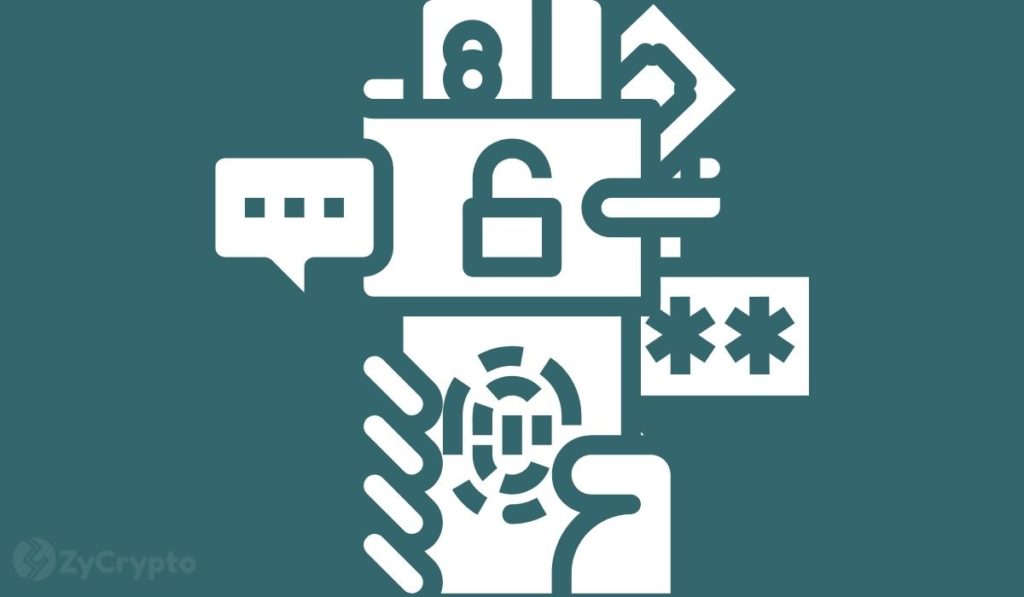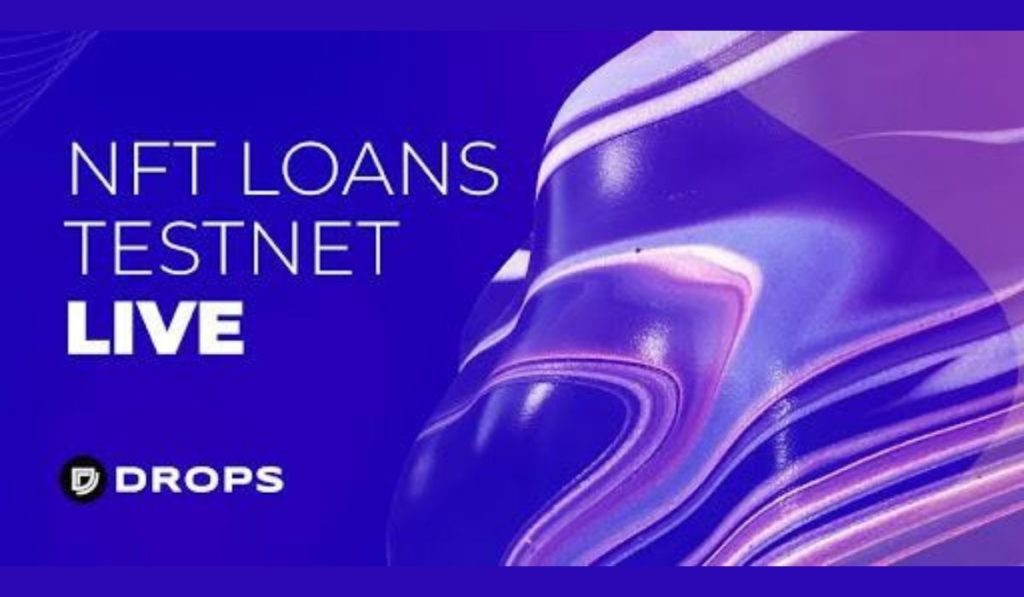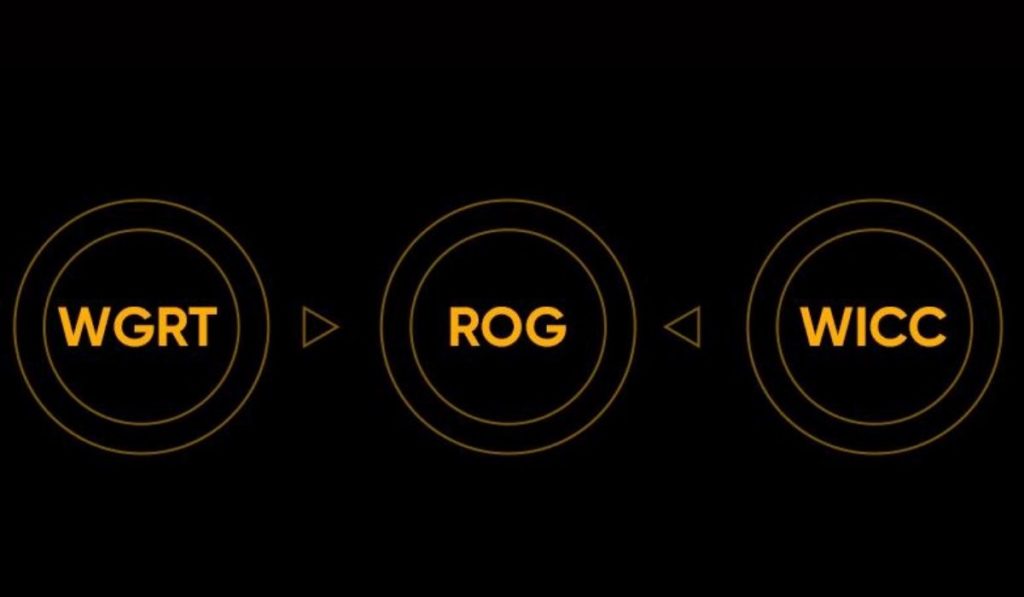2022-9-16 03:45 |
Bitcoin’s attributes will lead to its inevitable usage as collateral for lending, mainly due to its superiority over real estate’s properties.
This is an opinion editorial by Leon Wankum, one of the first financial economics students to write a thesis about Bitcoin in 2015.
Today, the most common form of collateral used by a borrower to secure repayment of a loan to a lender is real estate. This practice is common among mortgages, personal loans and business loans. Banks lend to people and institutions that own real estate. Other common forms of collateral include business inventory, cash, stocks and bonds. I will show why bitcoin has the potential to become the collateral of choice in the future.
There is an emergence of a variety of lending products around bitcoin. Bitcoin as a bearer free instrument serves as prime collateral. Due to its deterministic supply schedule, which is hard-capped, there is an incentive to hold bitcoin. This has created a demand for bitcoin users to lend their holdings and receive yield or cash in return. Borrowing against your bitcoin makes economic sense for two reasons. Firstly there is a capital gains tax if you sell and secondly, from a "spending perspective" we are encouraged to spend fiat, not bitcoin, as long as the value of bitcoin is increasing faster than fiat interest rates.
However, bitcoin should only be used to borrow against it, not to earn yield. Earning a 6% yield while being able to lose it all is not worth it. And for lending purposes, you can use non-custodial solutions like Hodl Hodl that are available. Multisignature wallets (a type of wallet that requires more than one signer to move funds) allows for lenders and borrowers to share access to funds.
You can still have a cryptographic relationship with your bitcoin as a borrower. Suppose you borrow against your bitcoin using a multisig address. In that case, you can always access this address not only through the platforms’ interface but also using any blockchain explorer. With that, you can always double-check that your collateral is stored in the same place and even monitor your escrow account in real-time. This prevents rehypothecation risk, a practice whereby banks and brokers use assets posted as collateral by their clients for their own purposes.
As explained by Nick Neuman, the fact that bitcoin transactions and addresses are publicly verifiable takes an enormous amount of risk out of the financial system. It allows for proof of reserves, where a financial institution must provide their bitcoin address or transaction history in order to show their reserves. The transparency requires a more ethical behavior from financial service providers.
Bitcoin storage is pretty simple, there is no daily maintenance. Bitcoin just needs to be kept safe from cyber attacks. A financial service provider can set up its own cold wallet (a device that stores cryptocurrency offline) and protect its bitcoin from the threat of theft. Bitcoin can also be stored in a multisignature wallet. This allows both lenders and borrowers to manage funds together and protects borrowers from the risk of bankruptcy of the lender. In this case, the borrower would lose their coins.
With bitcoin, the maintenance of the collateral decreases. Banks usually have a large number of appraisers and auditors who continuously evaluate the collateral deposited. The valuation of real estate is particularly time-consuming. There are standards according to which real estate is valued. But these are constantly changing and properties must be valued individually based on location and condition. Bitcoin, on the other hand, has a real-time market price that is accessible to everyone.
Social issues are also associated with the use of real estate as the preferred form of collateral. It has created an exclusive financial system in which it has become increasingly difficult to build credit as real estate has become expensive and less accessible.
House prices have increased nearly 70 times since 1971, which corresponds to the "Nixon shock" of August 15, 1971, when President Nixon announced that the United States would end the convertibility of the US dollar into gold. This decision ushered in a new era in which central banks began operating a fiat-money-based system with floating exchange rates and no currency standard (history.state.gov). Since then, inflation rates have risen steadily. Many have turned to real estate to secure their wealth. As a result, real estate has been priced away from its fair value based on its utility — it is an income-generating asset and can be used for manufacturing purposes. It now serves primarily as a store of value for institutions and those who are trying to beat monetary inflation. In contrast, bitcoin is easy to access, buy, store, use and maintain. You can buy bitcoin for as little as a dollar. Bitcoin allows for much easier access to credit.
Using bitcoin as collateral particularly allows for easy access to credit systems for developing countries. In places with little access to credit markets like Indonesia, bitcoin will be adopted as a savings tool and eventually be used for credit.
In addition, bitcoin allows for a much more private financial system. A lender could use a cryptographic key to authenticate a borrower without requiring the borrower to reveal sensitive private information that could then be leaked over the Internet in the event of a data breach.
Lastly, much like selling a stock, a bitcoin sale can be done quickly if a borrower defaults. Unlike the stock market, bitcoin markets run 24 hours a day, 365 days a year. A sale can therefore be made at any time if necessary. Real estate, on the other hand, usually has to go through an auction process if the borrower defaults. This is another reason why bitcoin is predestined to be used as collateral. Due to the volatile bitcoin price, most lenders require bitcoin-backed loans to be overcollateralized. However, this is rather a feature than a bug as it requires more financial discipline from the borrower which usually leads to more efficiency and higher productivity. Regardless, as volatility decreases with increased adoption, this practice will also change in the future.
ConclusionOverall, bitcoin‘s excellent properties make it the ideal type of collateral for both borrowers and lenders. Bitcoin lending services will reduce the incentive for anyone to ever sell, which of course will have a positive impact on the price — see: Allen Farrington and Sacha Meyers, “Bitcoin Is Venice,” page 161.
The improved property systems in the West over the past centuries enabled economic actors to discover and realize the potential of their economic activity and generate additional productivity. Fiat money has distorted this system. Bitcoin will restore it and expand it around the world. As digital property, bitcoin will create a financial system where owning property and using it for credit will be far more accessible than it is today. This enables greater productivity and efficiency in the global economy.
This is a guest post by Leon Wankum. Opinions expressed are entirely their own and do not necessarily reflect those of BTC Inc or Bitcoin Magazine.
origin »Bitcoin price in Telegram @btc_price_every_hour
Social Lending Token (SLT) на Currencies.ru
|
|


















